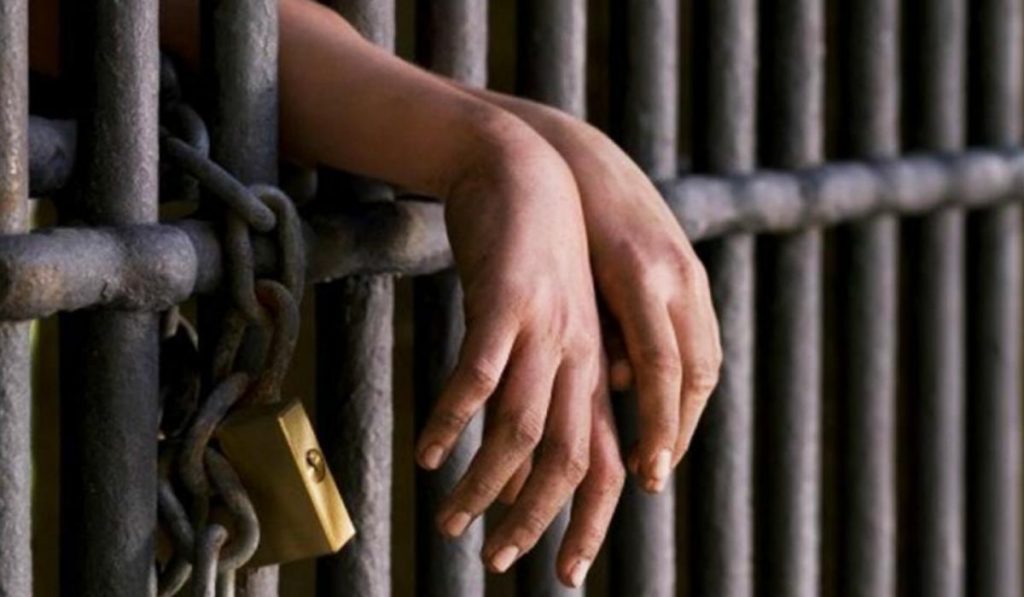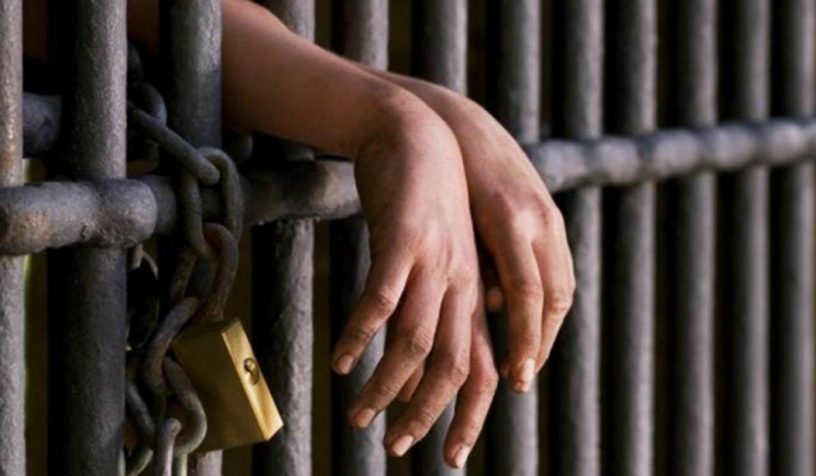
The researcher makes an argument for the enfranchisement of prisoners, to reduce the social costs arising from enforcing this kind of punishment.
Author
Shivangi Gangwar, Associate Professor, Jindal Global Law School, O.P. Jindal Global University, Sonipat, Haryana, India.
Summary
Myriad ways are employed to punish persons found guilty of committing offences. One of the consequences, intended or otherwise, of incarceration is disenfranchisement. Many countries in the world do not permit prisoners to vote in national or local elections. India is one of them.
This Short Note aims to undertake an economic analysis of this policy of disenfranchisement. It uses the usual tools found in an economist’s toolbox, be it a cost-benefit analysis or risk aversion, to figure out how efficient it is to disallow prisoners from voting.
The Note also undertakes a public choice analysis of this issue. It also looks at judgments passed by constitutional courts around the world considering the voting rights of prisoners to find any instance of the judiciary indulging in an economic analysis of this issue.
Using these different means, it makes an argument for the enfranchisement of prisoners, to reduce the social costs arising from enforcing this kind of punishment.
Published in: Journal of Law & Economics, Gujarat National Law University
To read the full article, please click here


